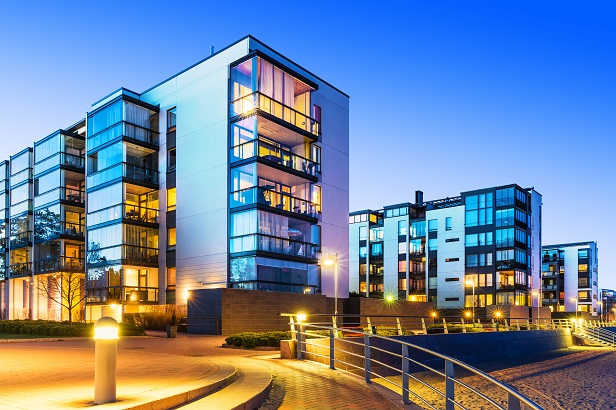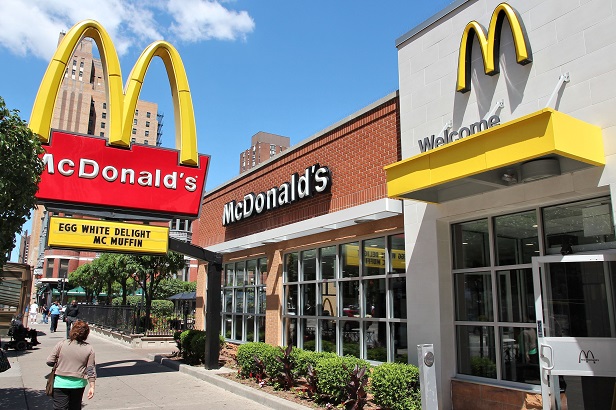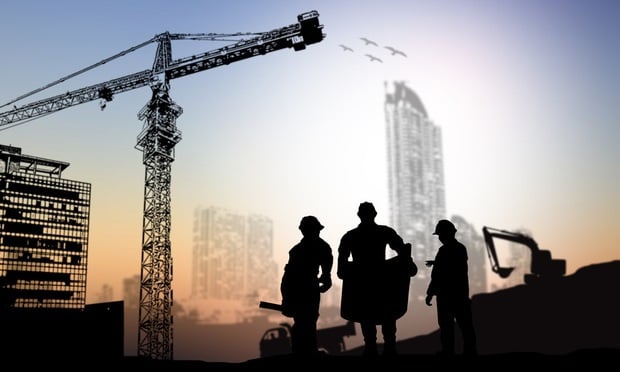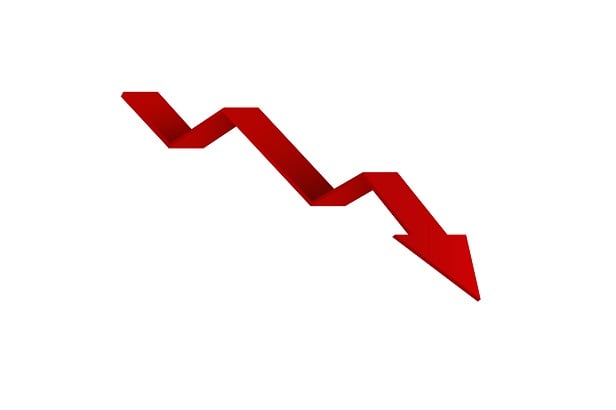The health and safety of employees, tenants and clients are top priorities for property managers. That means working proactively to protect against COVID-19, the novel coronavirus that is spreading across the globe, is mission-critical.
While there are still many unknowns, and the situation remains very fluid, there are several actions property managers can take to reduce risk amidst this disruption.
Develop a detailed plan
If you don't already have a detailed response plan, now is the time to create one. It's critical to formulate an actionable, specific plan that can be enacted at your buildings.
The plan can include items like identifying when a health emergency is affecting your asset, best practices for sanitation regarding a specific disease, who the decision makers are, and an overview of what resources are available. Providing templates for communications and signage can save time and allow for decisive, effective action. Being as specific as possible is critical, as leaving room for interpretation can only lead to errors.
In times of crisis, the best way to be able to move quickly and act decisively is limiting the number of decision makers. Designating a task force that includes one person from each necessary discipline (property management, risk management, communications, etc.) can help make the decision-making process more efficient.
Communicate, communicate, communicate
The only certainty surrounding COVID-19 is that there is an immense amount of uncertainty due to a lack of understanding and information. Providing your clients with consistent updates and giving employees in the field templates to communicate effectively with their tenants is critical in avoiding the dissemination of false information and preventing undue anxieties.
Use these communications to educate your staff on how to help identify symptoms (see the CDC's list here), inform your clients on updates the authorities are providing, tell tenants what precautions are being taken and remind staff of best practices.
Having a detailed plan only works if you're able to effectively share it with the right people in a timely manner.
Reinforce proper hygiene and cleaning practices
Keeping spaces clean is a key function of managing any building. But during times of public health crises, it's critical to reinforce cleaning policies and provide tenants with options to supplement what is being done.
Reinforce the importance of cleaning hard surfaces such as phones, tables, light switches and doorknobs, and provide tenants with appropriate cleaning wipes and alcohol-based hand sanitizer (with alcohol content between 60-95%) so they can wipe down their personal spaces. Consider posting signs in common areas (especially restrooms) to remind people of best practices.
Here is some sample guidance you could provide to your clients:
Review cleaning procedures with the building janitorial company. All building common areas such as railings, doorknobs, elevator call buttons, light switches, etc., should be wiped down daily with appropriate disinfectants. Refer to the EPA's list of chemicals determined to be appropriate for disinfection. We recommend that similar cleaning standards (especially for desktops and telephones) be implemented by any independent janitorial companies employed directly by the tenant.
Restrooms should be thoroughly cleaned nightly with disinfectants including toilets, urinals, plumbing fixtures, sinks, counter tops, stall handles and floors.
Cleaning personnel should wear latex gloves and dispose of them nightly.
It's also worth considering what areas of buildings are essential. If you have non-essential common space, it may be worth closing that temporarily so staff can focus on cleaning areas that are needed.
Lastly, understand who is coming in and out of buildings, have a plan for where visitors should be allowed, and whether large meetings need to be held offsite. These are decisions each tenant or owner needs to make, and a property manager must be able to guide them.
Stay informed
Knowledge is your most important tool in the fight against coronavirus. Knowing what tools and organizations are already available to help can avoid duplicating work and trying to do things where you aren't an expert.
Designate someone on your team to monitor updates from authorities such as the Centers for Disease Control's coronavirus summary, which is updated daily, and their coronavirus index, which provides more tools for prevention. Then, ensure you have communicated those changes to clients and tenants as needed.
It's also worth monitoring the news to see if there is any reported activity in your area. This can help you adjust planning.
Don't panic
It's important that we keep everything in perspective. While coronavirus can pose a threat to health, panicking only leads to rash decisions that exacerbate the situation. Property managers are on the front lines of dealing with these issues on behalf of their clients, and they need to be able to advise others with a clear head. Remaining calm, reinforcing policy, creating an open line of communication and having a plan will help property managers limit disruption and give clients the top-shelf service they expect.
Mark Zettl is president, Property Management at JLL








